On January 19, 1966, Lyndon Baines Johnson (1908-1973), the 36th president of the United States, held a ceremony at the White House to declare that 1966 would be a “Year of the Bible.” On that occasion he remarked that, “No human accountant can calculate the immense good that your Society has done over the years.”1 Throughout his life, and especially while he was in office, Johnson repeatedly referred to the Bible in his conversations and speeches. Billy Graham, who was a personal friend to President Johnson, in an interview said of Johnson, “Well he had, as you know, an overwhelming personality. He always liked to have preachers around him.”2 Being one of those of those preachers, Graham had personal insight into Johnson’s faith and recalled:
He was very religious. … In fact, a number of times I had prayer with him in his bedroom at the White House, usually early in the morning. He would get out of bed and get on his knees, while I prayed. I never had very many people do that.3
Johnson’s did not, however, confine his faith to private displays alone. In his speeches for various occasions and audiences he quoted the Bible extensively. Here are but a few examples:
To President Zalman Shazar of Israel:
And you know that our Republic, like yours, was nurtured by the philosophy of the ancient Hebrew teachers who taught mankind the principles of morality, of social. justice, and of universal peace.
This is our heritage, and it is yours.
The message inscribed on the Liberty Bell in Philadelphia is the clarion call of Leviticus:
“Proclaim Liberty throughout all the land unto all the Inhabitants thereof.”
It is a message not only for America, or for Israel, but for the whole world.
We cannot proclaim tonight that all men have liberty, that all men are moral, that all men are just. We do not have universal peace.
But those of good will continue their work to liberate the human spirit from the degradation of poverty and pestilence, of hunger and oppression. As spiritual heirs of the Biblical tradition we recognize that no society anywhere can be more secure unless it is also just.4
On lighting the Christmas tree at the White:
For nearly 200 years of our existence as a nation, America has stood for peace in the world. At this Christmas season–when the world commemorates the birth of the Prince of Peace–I want all men, everywhere, to know that the people of this great Nation have but one hope, one ambition toward other peoples: that is to live at peace with them and for them to live at peace with one another.
Since the first Christmas, man has moved slowly but steadily forward toward realizing the promise of peace on earth among men of good will. That movement has been possible because there has been brought into the affairs of man a more generous spirit toward his fellow man.
Let us pray at this season that in all we do as individuals and as a nation, we may be motivated by that spirit of generosity and compassion which Christ taught us so long ago.5
On the death of the Archbishop of New York, Cardinal Spellman:
THE LORD has called home a man who served Him and all His children well.
Cardinal Spellman gave his life to God. For half a century, his faith and works were testament to God’s enduring and universal love of men.
The race of man mourns him now, for mankind was his ministry. The grace of his goodness touched all manner of men and nations. He brought to all who opened their hearts to his spirit the miracles on which men must build their earthly hopes–truth and charity, mercy and compassion, trust in God and in the destiny of God’s human family.6
At a fundraising dinner in Detroit:
So the ultimate test of our beloved America is the larger purpose to which we turn our prosperity.
We must first turn it toward relief of the oppressed, the underprivileged, and the helpless. We must, in the words of the Bible, “Learn to do well, seek judgment, relieve the oppressed, judge the fatherless, plead for the widow” (Isaiah 1:17).7
At the Annual Swedish Day Picnic in Minneapolis:
The Bible counsels us: “To everything there is a season, and a time to every purpose under the heaven . . . a time of war and a time of peace” (Ecclesiastes 3:1, 8).
So I come today to speak to you in the hope that, after decades of war and threats of war, we may be nearing a time of peace.8
At a breakfast meeting in Portland:
But it was not territory that made us great. It was men. Our West is not just a place. The West is an idea. The Bible says, “Speak to the earth and it shall teach thee” (Job 12:8). And here, in the West, we learned man’s possibilities were as spacious as the sky that covered him. We learned that free men could build a civilization as majestic as the mountains and the rivers that nourished him. We learned that with our hands we could create a life that was worthy of the land that was ours.
And that lesson has illuminated the life of all America–east, west, north, and south.9
To the crowd at Soldiers and Sailors Square in Indianapolis:
The Bible tells us “Every man’s work shall be made manifest” (1 Corinthians 3:13). This is true, too, of our Government.
Seldom has an administration’s work been made manifest more abundantly than this one. We promised 4 years ago, under the leadership of that beloved, great champion of this country, John Fitzgerald Kennedy, that we would get the country moving again. Well, it is moving.10
At the Fifth Regiment Armory in Baltimore:
Our adversaries are not weak. They are strong, but I can assure you faithfully tonight that America is stronger. And I
want to announce to them and I want to announce to you that they should have no doubts or illusions about America’s strength.
In the words of the Bible, “When the strong man armed keepeth his palace, his goods are in peace” (Luke 11:21).
We have strength in our country tonight, and you young men that must patrol our borders and wear those uniforms must maintain that strength.11
And at a rally in Chattanooga:
The Bible admonishes us to “run with patience the race that is set before us” (Hebrews 12:1).
Run with patience, and that is what I intend to do. We have grown strong in the last 4 years, and we must continue to increase that strength.12
As evident by this small sampling of his many appeals to the Bible, President Johnson clearly saw the need for Americans and America itself to be guided by the Scripture.
Endnotes
1 Lyndon B. Johnson, “Remarks at a Ceremony Marking 1966 as the “Year of the Bible.” The American Presidency Project.
2 Oral history transcript, Billy Graham, interview 1 (I), 10/12/1983, by Monroe Billington, Transcripts of Oral Histories Given to the Lyndon B. Johnson Library, LBJ Presidential Library, accessed December 18, 2023.
3 Billy Graham Oral History, LBJ Presidential Library, accessed December 18, 2023.
4 Lyndon B. Johnson, “Toasts of the President and President Zalman Shazar of Israel,” The American Presidency Project.
5 Lyndon B. Johnson, “Remarks at the Lighting of the Nation’s Christmas Tree: December 18, 1964,” The American Presidency Project.
6 Lyndon B. Johnson, “Statement by the President on the Death of Francis Cardinal Spellman, Archbishop of New York,” The American Presidency Project.
7 Lyndon B. Johnson, “Remarks at a Fundraising Dinner in Detroit: June 26, 1964,” The American Presidency Project.
8 Lyndon B. Johnson, “Remarks at the Annual Swedish Day Picnic, Minnehaha Park, Minneapolis: June 28, 1964,” The American Presidency Project.
9 Lyndon B. Johnson, “Remarks on Conservation at a Breakfast in Portland Saluting the Northwest-Southwest Power Transmission Intertie,” The American Presidency Project.
10 Lyndon B. Johnson, “Remarks in Indianapolis at Soldiers and Sailors Square,” The American Presidency Project.
11 Lyndon B. Johnson, “Remarks Before Two Groups at the Fifth Regiment Armory in Baltimore,” The American Presidency Project.
12 Lyndon B. Johnson, “Remarks at an Airport Rally in Chattanooga,” The American Presidency Project.
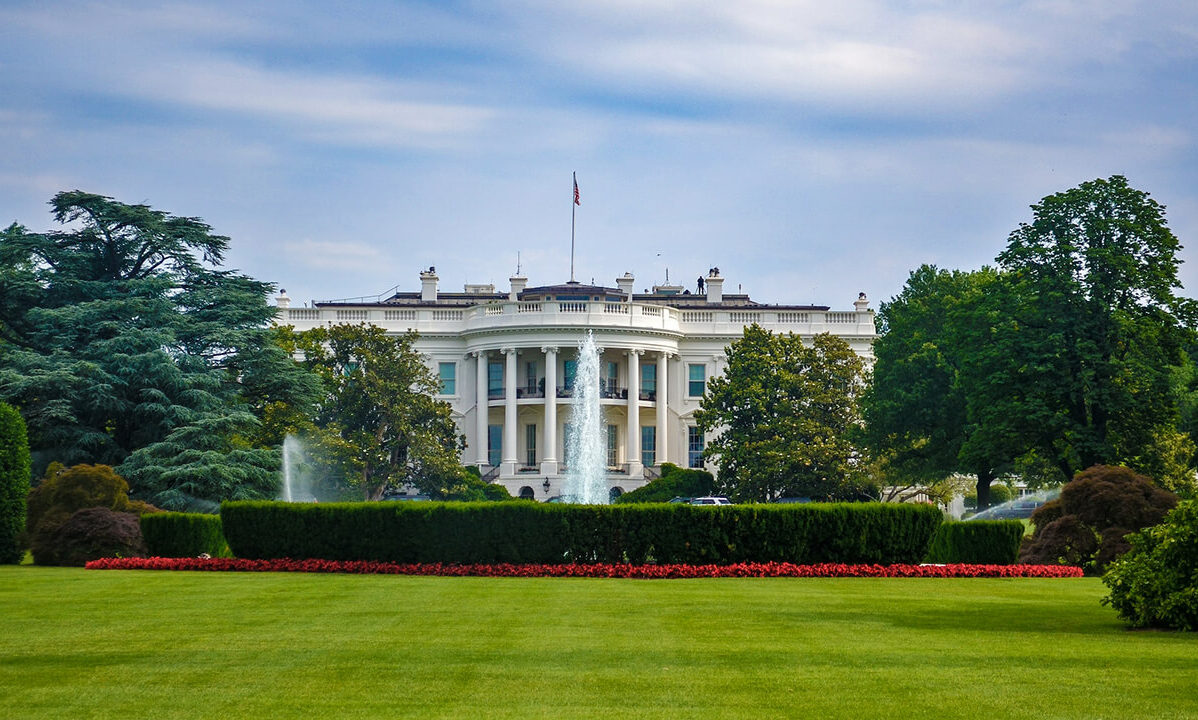
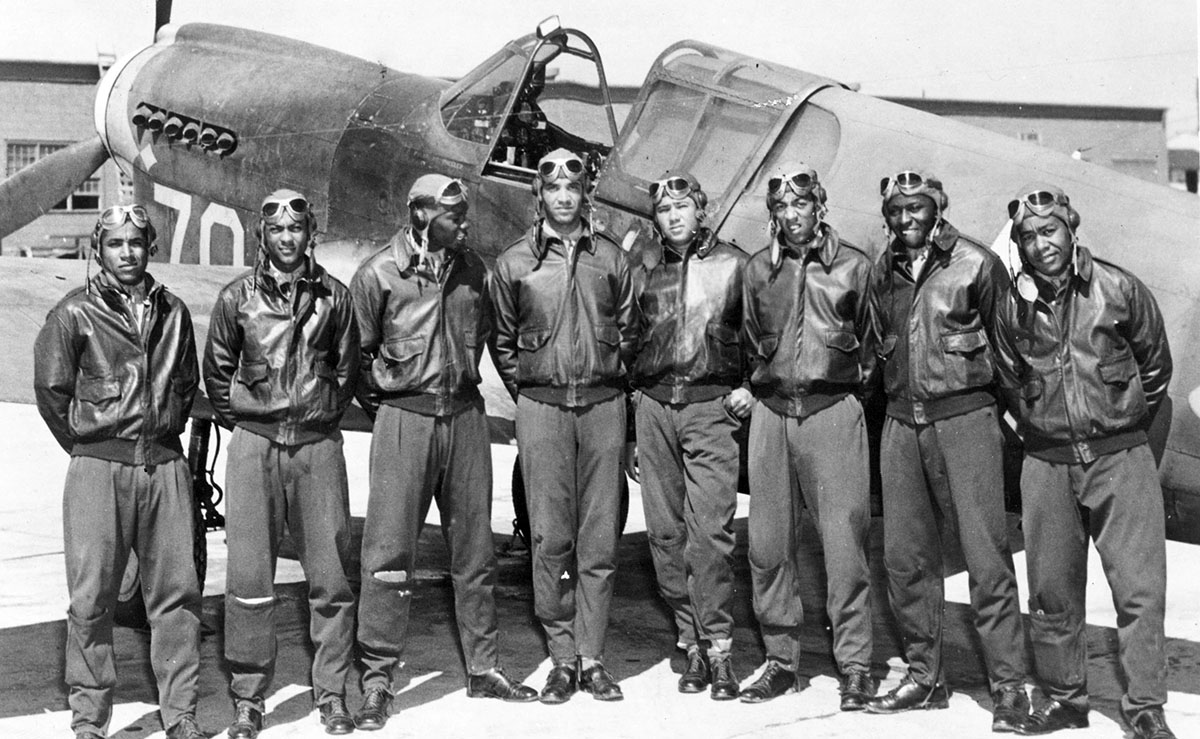
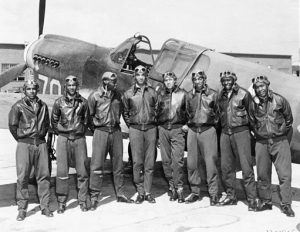 In
In 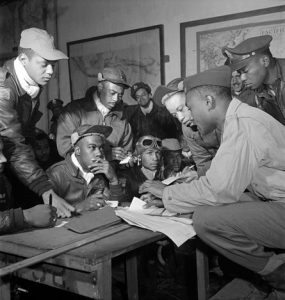 The “Red Tails” flew over
The “Red Tails” flew over 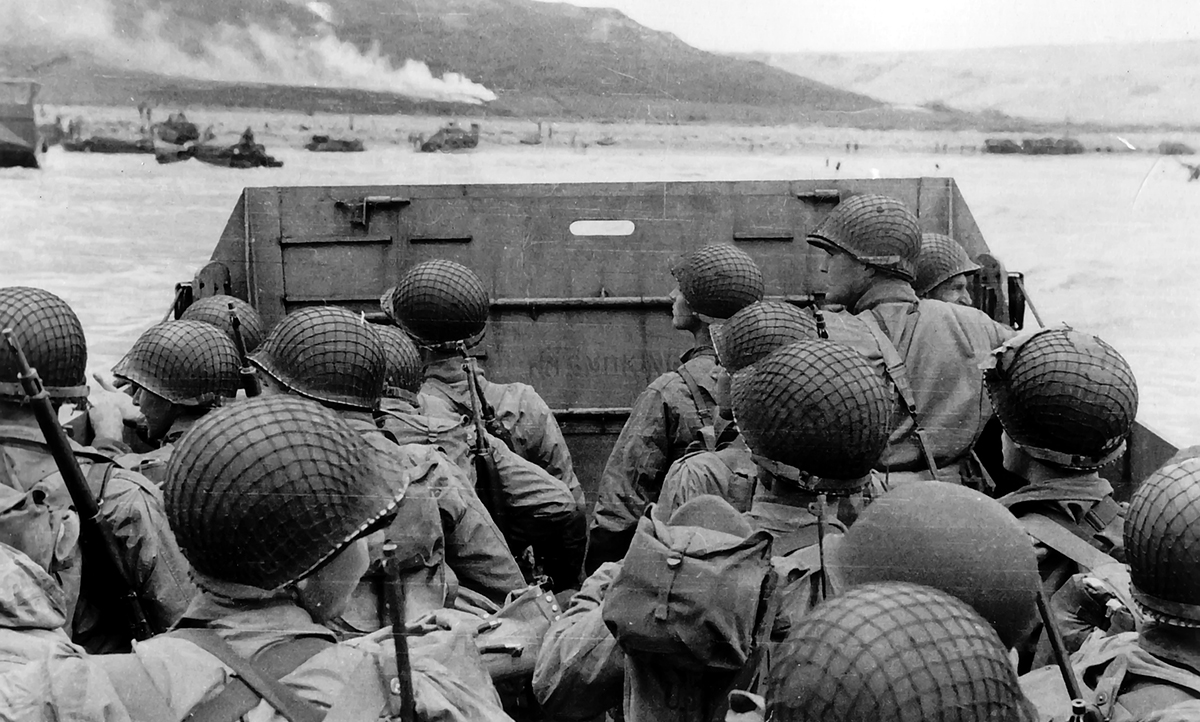
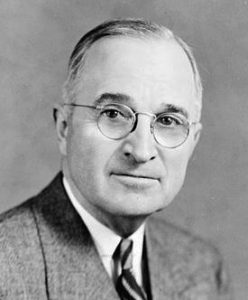 President Harry Truman
President Harry Truman 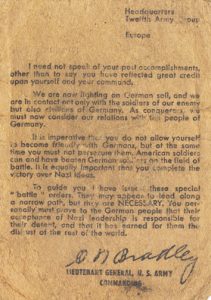 4. To avoid acts of violence, except when required by military necessity.
4. To avoid acts of violence, except when required by military necessity.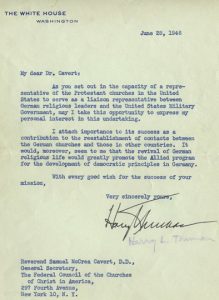 As you set out in the capacity of a representative of the Protestant churches in the United States to serve as a liaison representative between German religious leaders and the United States Military Government, may I take this opportunity to express my personal interest in this undertaking.
As you set out in the capacity of a representative of the Protestant churches in the United States to serve as a liaison representative between German religious leaders and the United States Military Government, may I take this opportunity to express my personal interest in this undertaking.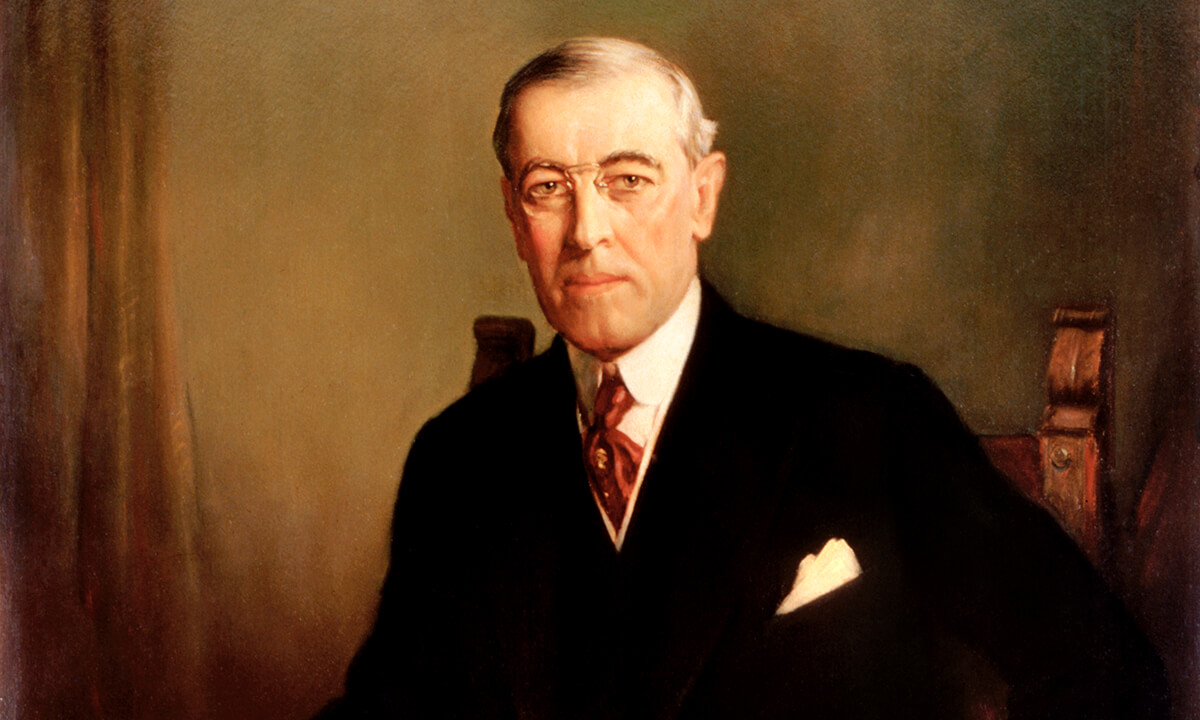
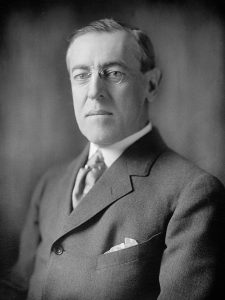 On April 6, 1917, the US entered World War I,
On April 6, 1917, the US entered World War I,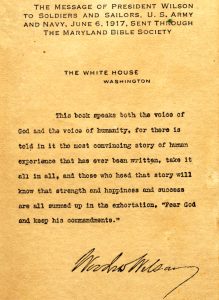 Also, throughout American history, Bibles have been distributed to soldiers going into war and sometimes these Bibles would include messages from leaders on the importance of Bible reading. For example, a letter from President Woodrow Wilson was used in a WWI era Bible (pictured here from a Bible in WallBuilders’ Collection):
Also, throughout American history, Bibles have been distributed to soldiers going into war and sometimes these Bibles would include messages from leaders on the importance of Bible reading. For example, a letter from President Woodrow Wilson was used in a WWI era Bible (pictured here from a Bible in WallBuilders’ Collection):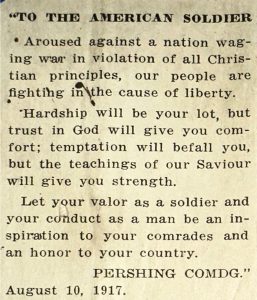 To The American Soldier:
To The American Soldier: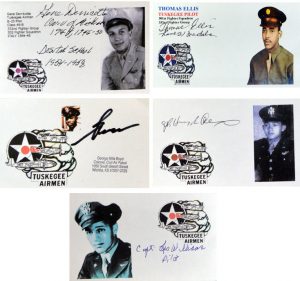
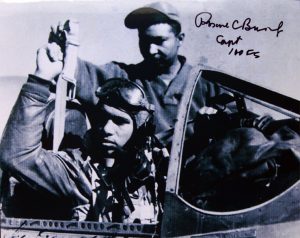
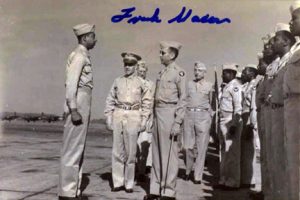
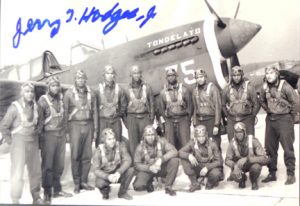
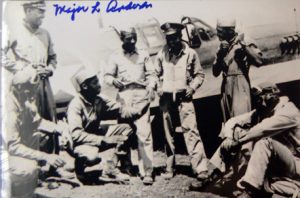
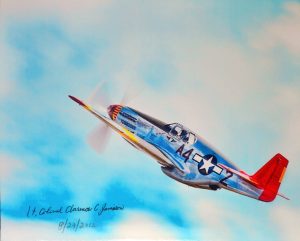
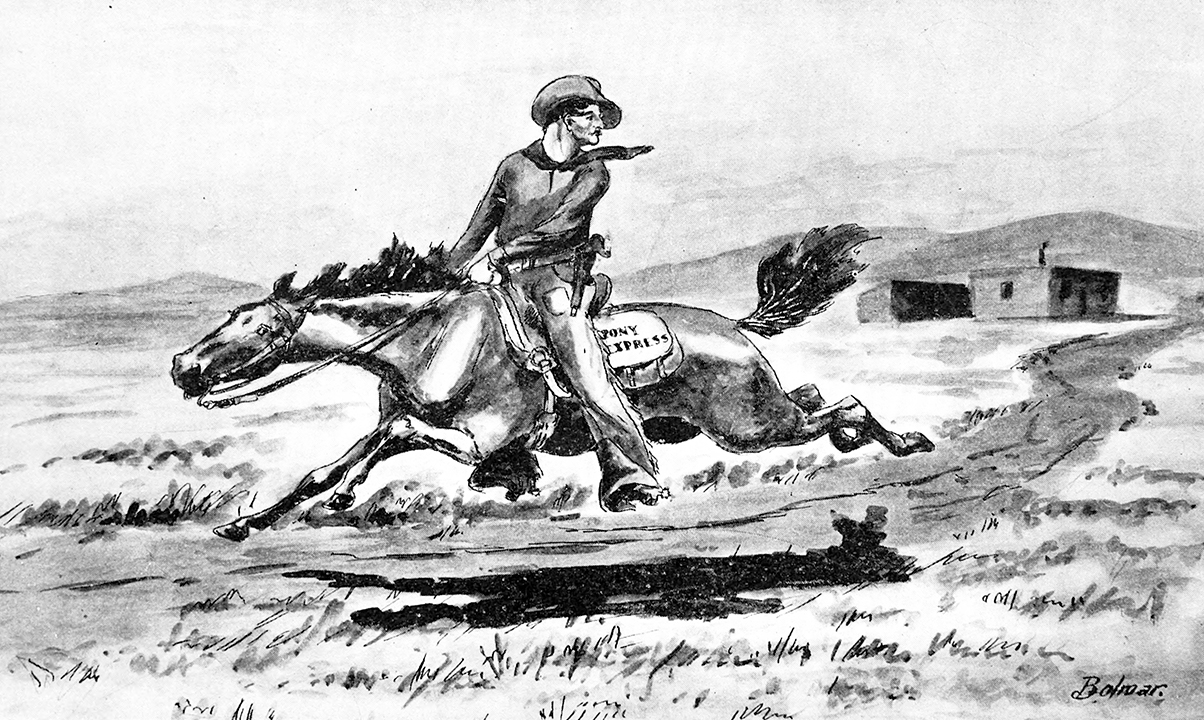

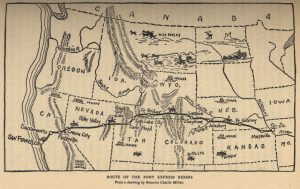
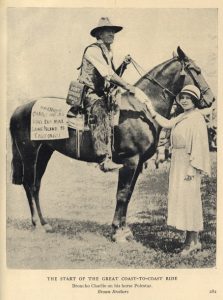

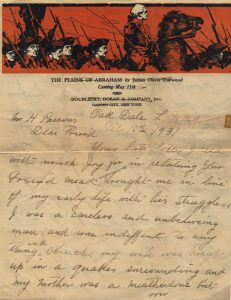
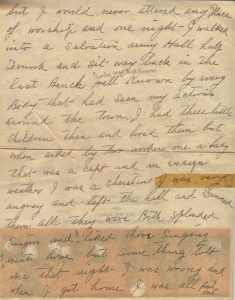
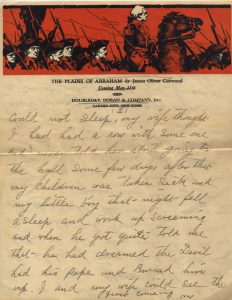
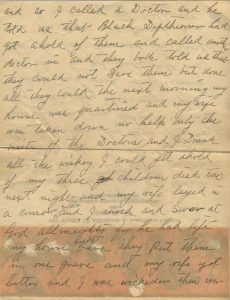
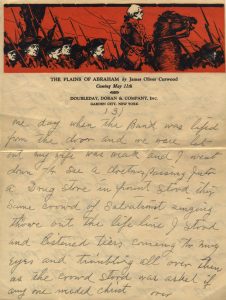
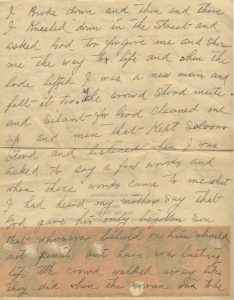
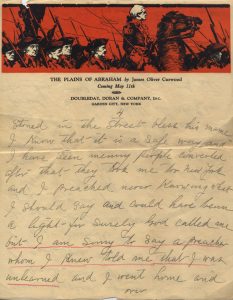
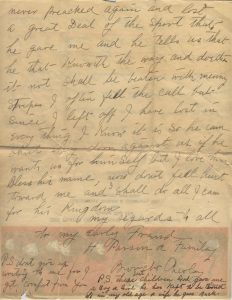
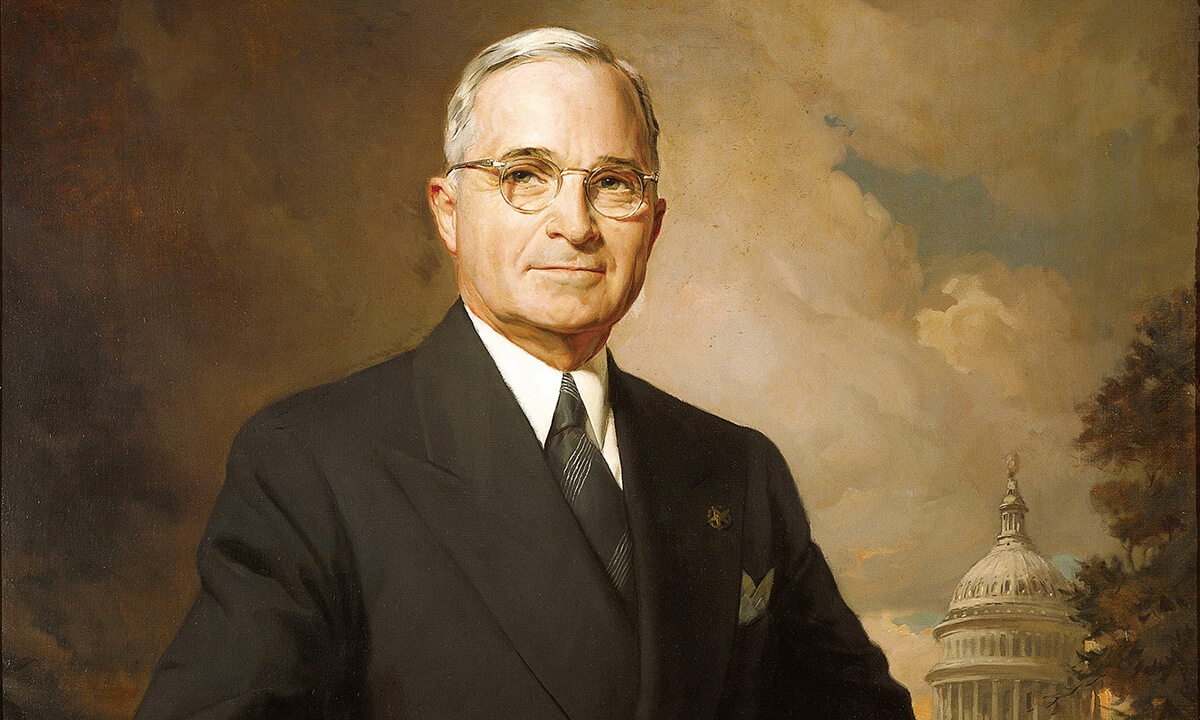
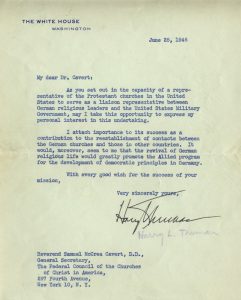
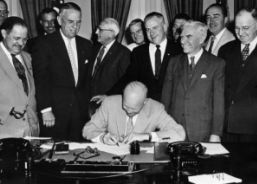 But in 1954, following both WWII and the Korean War, President Eisenhower signed an act renaming the holiday Veterans Day
But in 1954, following both WWII and the Korean War, President Eisenhower signed an act renaming the holiday Veterans Day 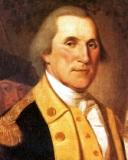 But veterans were respected and honored long before any official holiday was established, including by George Washington in his June 8, 1783
But veterans were respected and honored long before any official holiday was established, including by George Washington in his June 8, 1783 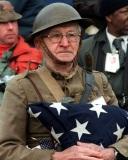 On this special day when we pause to reflect on the sacrifices made across the years by men and women willing to lay down their lives to protect and defend our Constitution, our freedoms, and our way of life, let’s be proactive in our gratitude. Thank a veteran or active military member in uniform, attend a Veterans Day parade, pray for the military families, and remind those around you of the
On this special day when we pause to reflect on the sacrifices made across the years by men and women willing to lay down their lives to protect and defend our Constitution, our freedoms, and our way of life, let’s be proactive in our gratitude. Thank a veteran or active military member in uniform, attend a Veterans Day parade, pray for the military families, and remind those around you of the 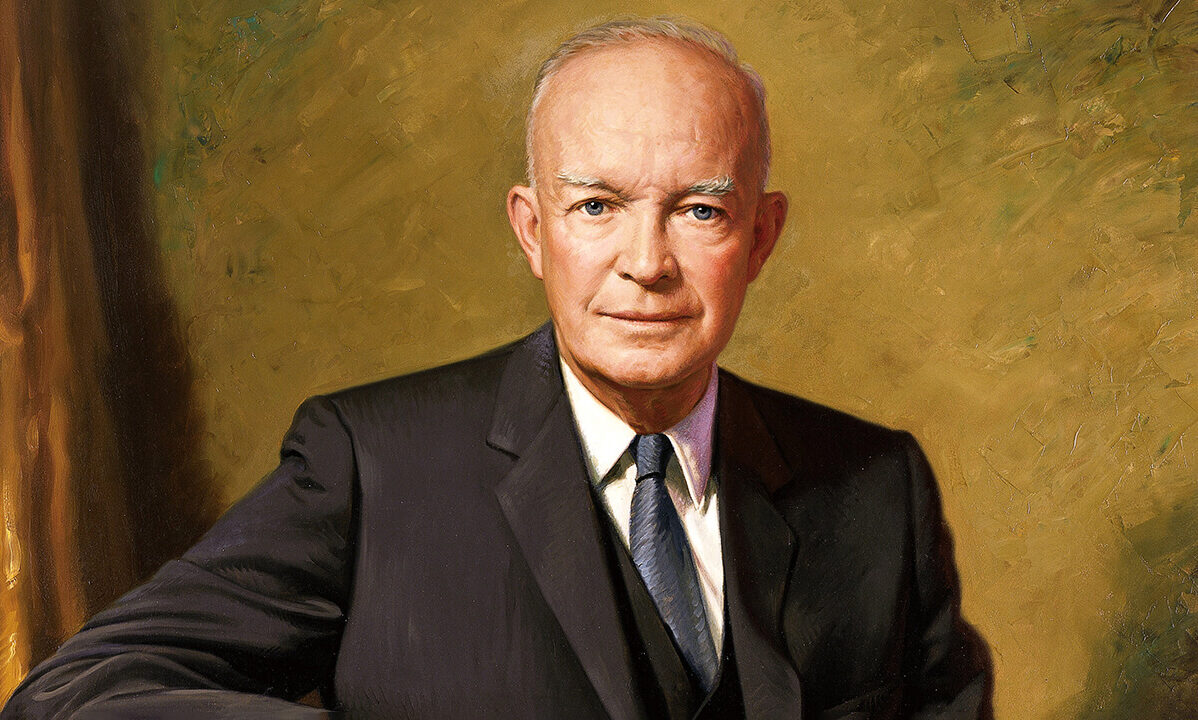
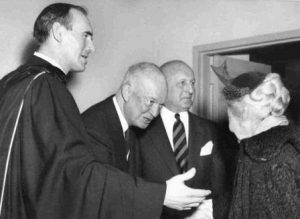 February 7 is a notable historical day for the acknowledgment of God in modern America: it is the day that a sermon was preached before President Dwight D. Eisenhower, suggesting that the words “under God” be added to the pledge. The sermon was preached by the Rev. George M. Docherty, pastor of New York Avenue Presbyterian Church in Washington, D. C.
February 7 is a notable historical day for the acknowledgment of God in modern America: it is the day that a sermon was preached before President Dwight D. Eisenhower, suggesting that the words “under God” be added to the pledge. The sermon was preached by the Rev. George M. Docherty, pastor of New York Avenue Presbyterian Church in Washington, D. C.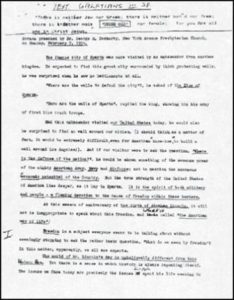 There was something missing in the pledge, and that which was missing was the characteristics and definitive factor in the American way of life. Indeed apart from the mention of the phrase, the United States of America, it could be the pledge of any republic. In fact, I could hear little Muscovites repeat a similar pledge to their hammer and sickle flag in Moscow with equal solemnity.
There was something missing in the pledge, and that which was missing was the characteristics and definitive factor in the American way of life. Indeed apart from the mention of the phrase, the United States of America, it could be the pledge of any republic. In fact, I could hear little Muscovites repeat a similar pledge to their hammer and sickle flag in Moscow with equal solemnity.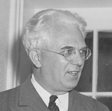 Our nation is founded on a fundamental belief in God, and the first and most important reason for the existence of our government is to protect the God-given rights of our citizens. . . . Indeed, Mr. President, over one of the doorways to this very Chamber inscribed in the marble are the words “In God We Trust.” Unless those words amount to more than a carving in stone, our country will never be able to defend itself.
Our nation is founded on a fundamental belief in God, and the first and most important reason for the existence of our government is to protect the God-given rights of our citizens. . . . Indeed, Mr. President, over one of the doorways to this very Chamber inscribed in the marble are the words “In God We Trust.” Unless those words amount to more than a carving in stone, our country will never be able to defend itself.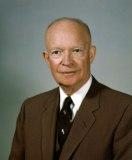 From this day forward, the millions of our school children will daily proclaim in every city and town, every village and rural school house, the dedication of our nation and our people to the Almighty. To anyone who truly loves America, nothing could be more inspiring than to contemplate this rededication of our youth, on each school morning, to our country’s true meaning. . . . In this way we are reaffirming the transcendence of religious faith in America’s heritage and future; in this way we shall constantly strengthen those spiritual weapons which forever will be our country’s most powerful resource, in peace or in war.
From this day forward, the millions of our school children will daily proclaim in every city and town, every village and rural school house, the dedication of our nation and our people to the Almighty. To anyone who truly loves America, nothing could be more inspiring than to contemplate this rededication of our youth, on each school morning, to our country’s true meaning. . . . In this way we are reaffirming the transcendence of religious faith in America’s heritage and future; in this way we shall constantly strengthen those spiritual weapons which forever will be our country’s most powerful resource, in peace or in war.